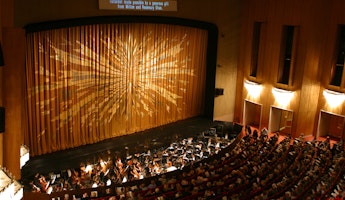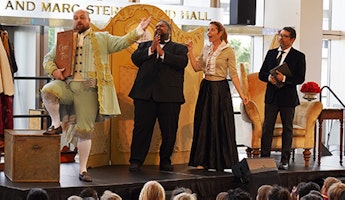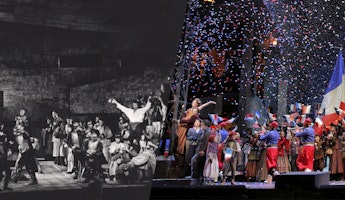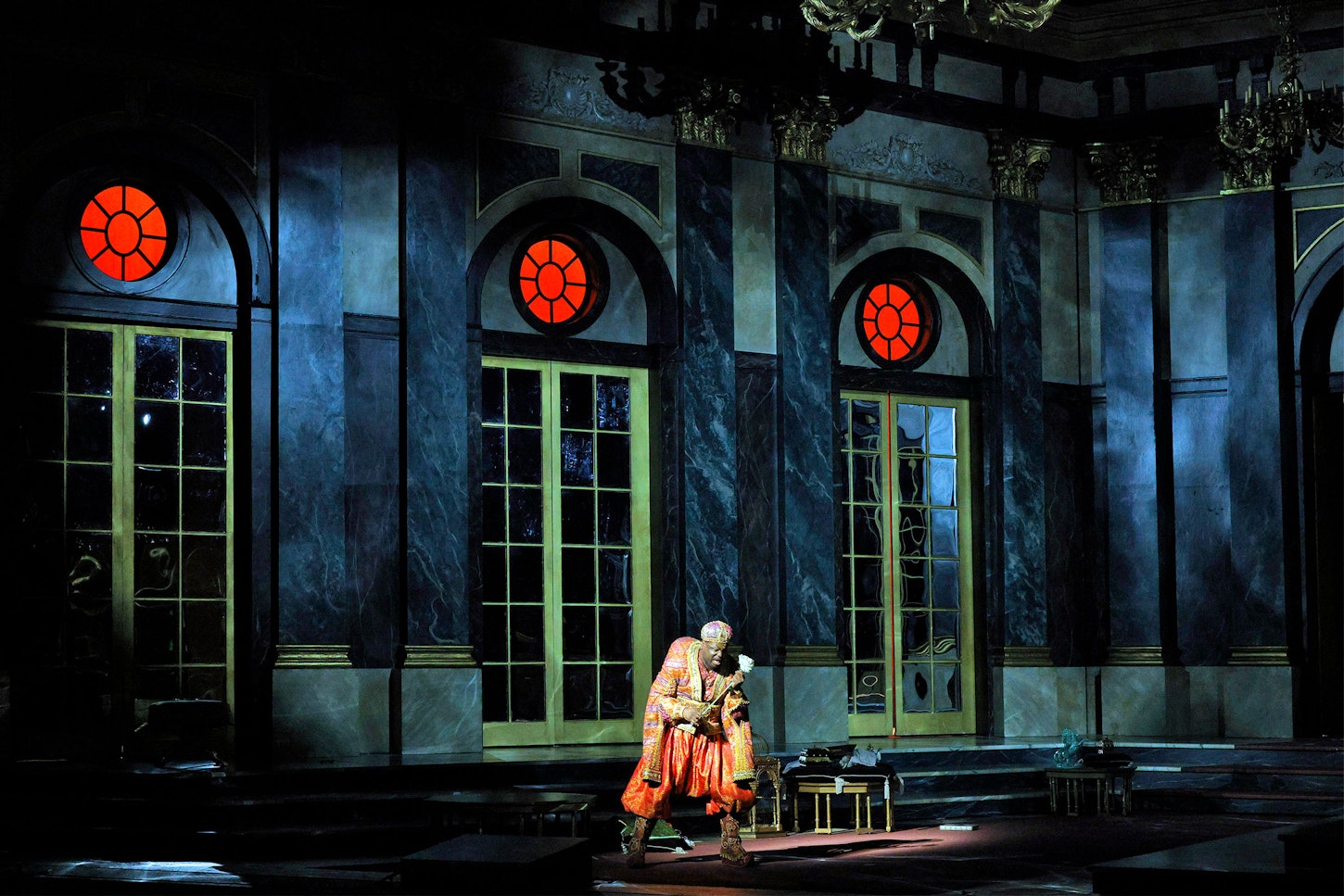Blog
January 9, 2024
The Many Opera Adaptations of Oscar Wilde
There’s no denying that language has a certain musicality. Rhythm, timing, and timbre are always present, and often further enriched by music. Perhaps no one understood the musicality of language better than Oscar Wilde, and composers took notice, as evidenced by the countless musical adaptations of his work. With our upcoming production of The Dwarf—itself based on Wilde’s short story The Birthday of the Infanta—we went digging for other Wilde an operas, and the results were nothing short of jaw dropping.
There are at least 27 operas based on or inspired by Wilde’s works (not including dozens of ballets and orchestral works). His works were an inspiration to numerous composers—the plays Salomé and The Importance of Being Earnest each have two different operatic adaptations, The Picture of Dorian Gray has three, and his short story The Nightingale and the Rose has a whopping seven. Naturally, this raises the question: what exactly draws composers to Wilde’s work?
First and foremost, Wilde’s plays were ready-made libretto material: fast-paced, witty, and guaranteed crowd pleasers. His other works lent themselves easily to opera as well, with a rhythmic dialogue and vivid imagery. If you were to read passages from The Picture of Dorian Gray out loud, you’ll find the way characters speak is rather lyrical. This distinctive rhythm helped composers put his words to music—though naturally it also presented a challenge since the score had to adapt to the libretto and not vice-versa, with an added layer of difficulty for those translating Wilde into other languages.
Wilde’s technical prowess is not the only reason he was so prized by composers. Opera is a genre that prizes grand sweeping emotions, and Wilde’s stories delivered grand tragedies and side-splitting comedies while also remaining relatable. This was especially true for The Dwarf’s composer Alexander Zemlinsky, who picked up The Birthday of the Infanta and saw a mirror image of the heartbreak and rejection he had suffered in his failed relationship with fellow composer Alma Schindler. For his full history with Schindler, make sure to look at our previous blog about the history of The Dwarf.
With a prolific output of poems, plays, novels, and short stories, Wilde is regarded as one of the greatest writers of all time, and his work was bound to inspire fellow creatives in his time and beyond. For those who haven’t yet experienced a Wilde adaptation, we’re sure Zemlinsky’s The Dwarf, onstage starting February 24, will tug at your heartstrings and make you fall in love with Wilde’s iconic work all over again.








/03-cosi/_dsc0996_pr.jpg?format=auto&fit=crop&w=345&h=200&auto=format)
















